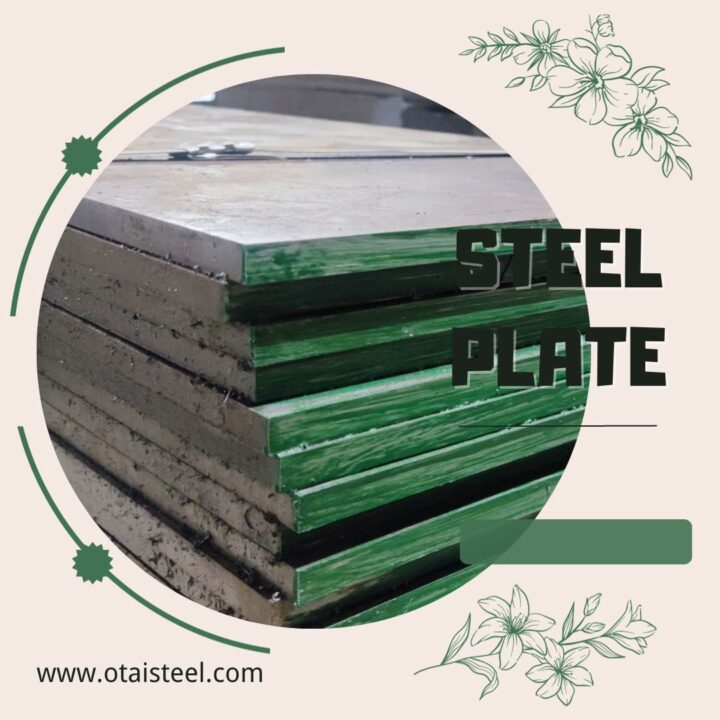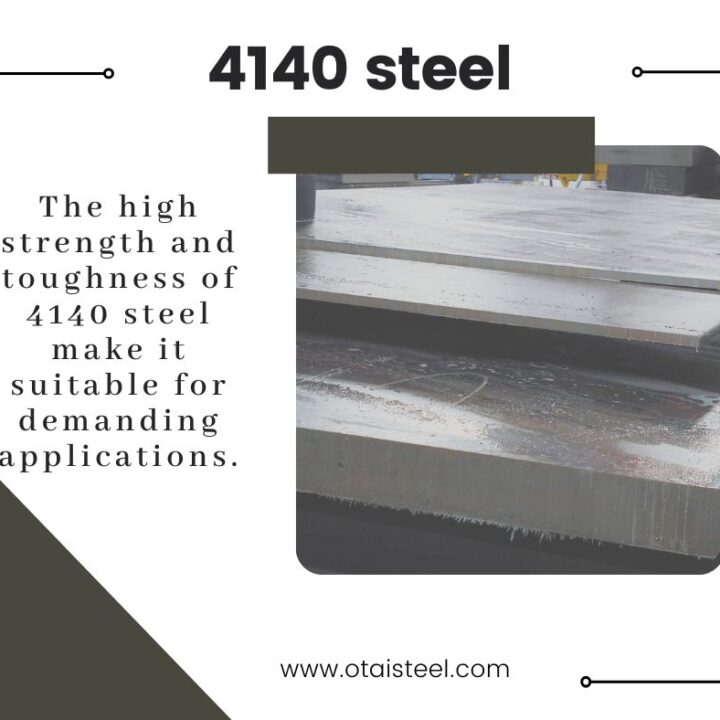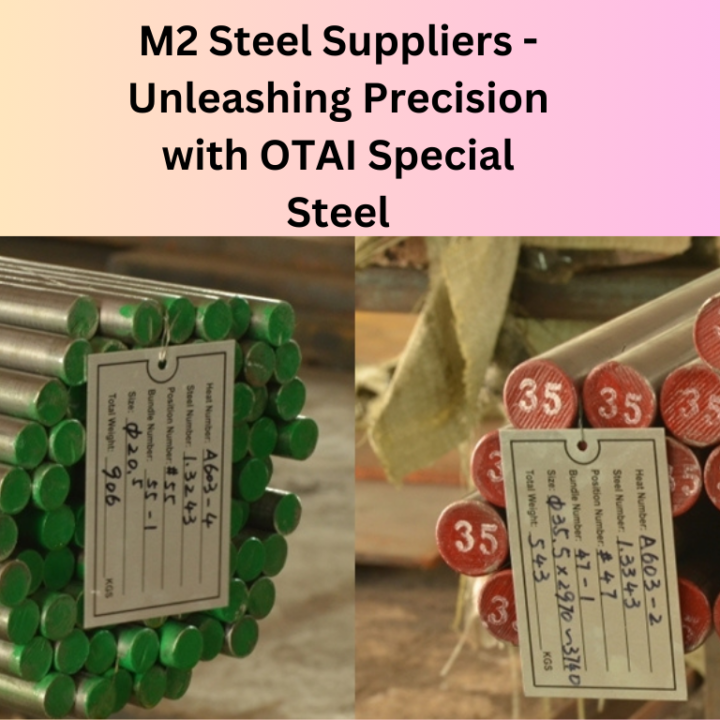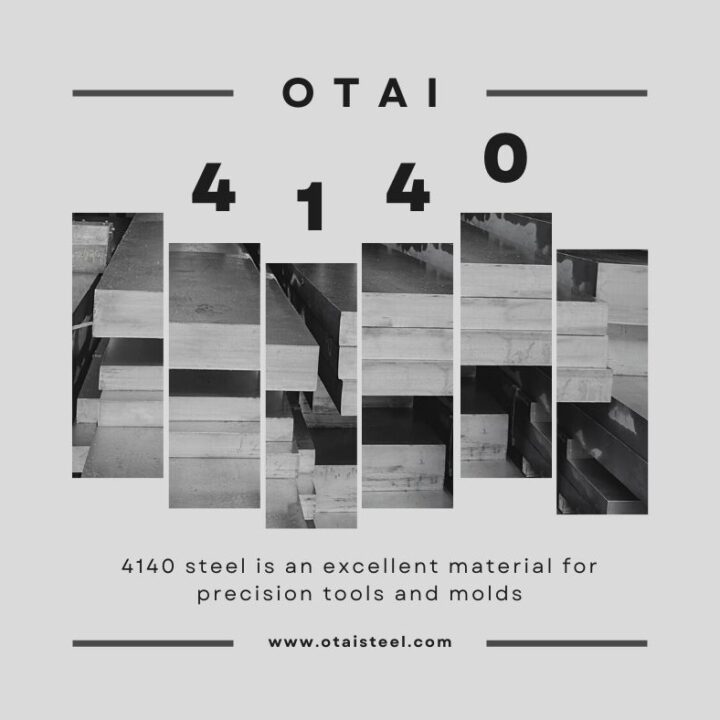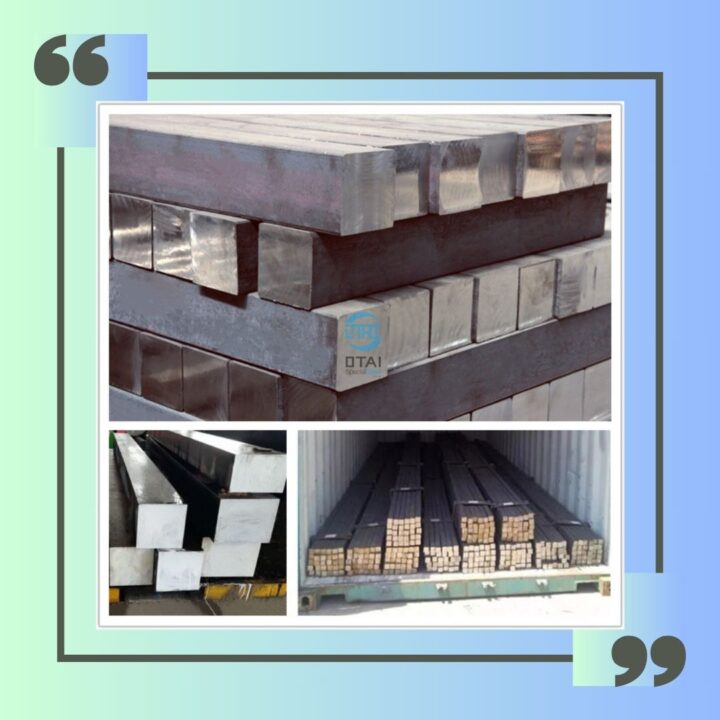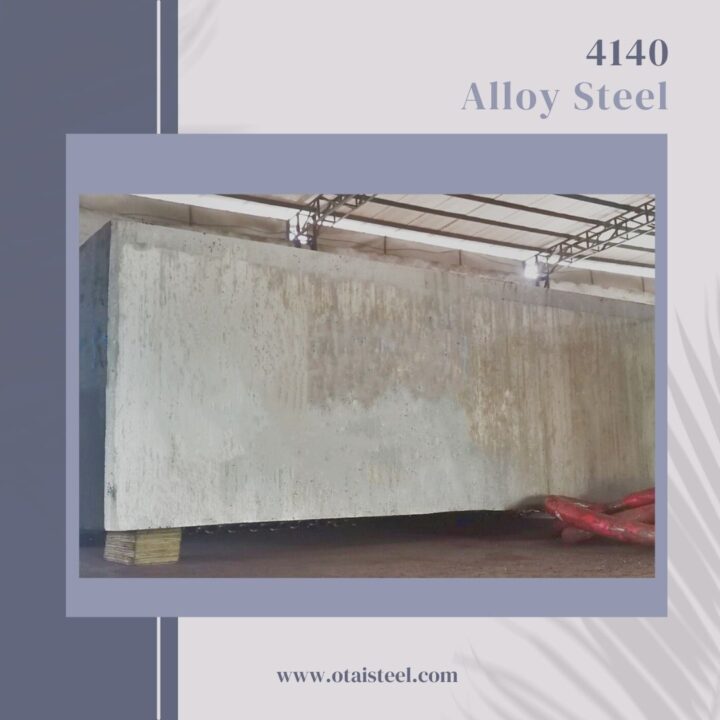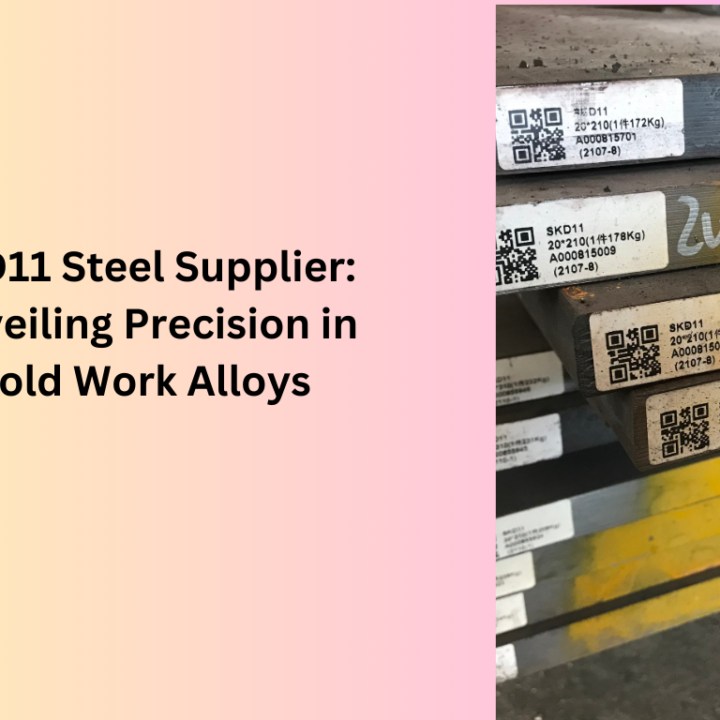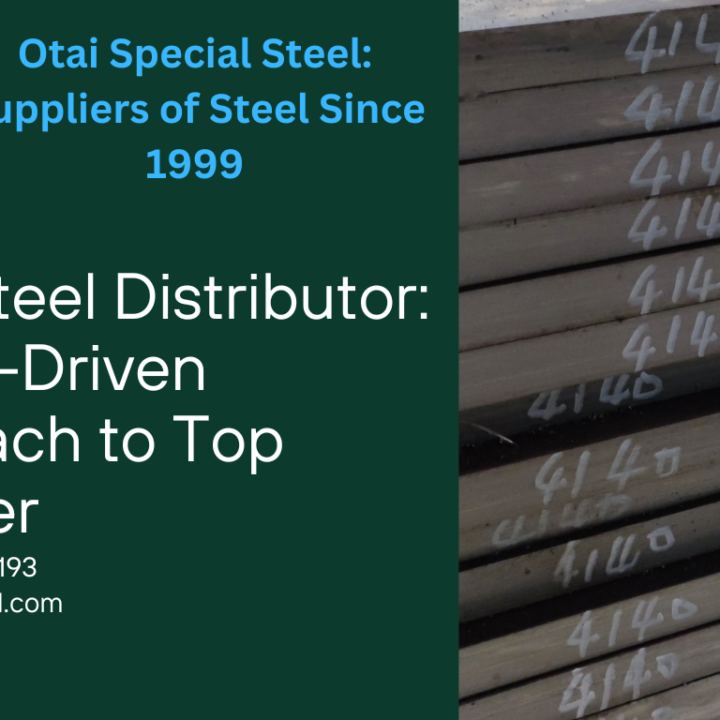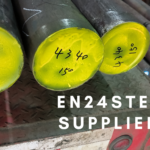DIN 1.2085 is a type of tool steel with a chemical composition that includes high levels of carbon (C), chromium (Cr), and other alloying elements. This composition imparts several key properties to the steel, making it suitable for a range of applications.
Key Properties of DIN 1.2085 Tool Steel
- High Hardness:1.2085 is renowned for its exceptional hardness. This property enables it to maintain a sharp edge, making it ideal for cutting tools and precision applications.
- Excellent Wear Resistance: Its high carbon content and chromium alloying provide superior wear resistance, resulting in extended tool life and reduced maintenance.
- Good Corrosion Resistance: 1.2085 exhibits good resistance to corrosion and oxidation, making it suitable for applications in challenging environments.
- Toughness: While being exceptionally hard, 1.2085 also offers good toughness. This combination of properties minimizes the risk of breakage during use.
- Machinability: The steel can be machined relatively easily, allowing for precise shaping and forming.
Applications of DIN 1.2085 Tool Steel
DIN 1.2085 tool steel finds applications in various industries due to its versatile properties. Some common uses include:
- Molds and Dies: It’s frequently used in the production of molds and dies for plastics, rubber, and die casting.
- Cutting Tools: DIN 1.2085 is an excellent choice for cutting tools such as knives, blades, and shears, thanks to its hardness and wear resistance.
- Industrial Components: Parts requiring high strength and durability, such as shafts and gears, benefit from the use of this steel.
- Medical Instruments: Its corrosion resistance makes it suitable for manufacturing medical instruments and equipment.
- Aerospace Components: Certain aerospace components demand materials like 1.2085 tool steel due to their high strength and resistance to harsh conditions.
Advantages of Using DIN 1.2085 Tool Steel
Using 1.2085 tool steel offers several advantages:
- Longevity: Its wear resistance and hardness contribute to longer tool and component lifespans, reducing replacement costs.
- Cost-Efficiency: Extended tool life and reduced maintenance translate to cost savings over time.
- Versatility: Its suitability for various applications makes it a versatile material across different industries.
- Resistance to Corrosion: 1.2085 can withstand exposure to moisture and corrosive environments, ensuring durability.
DIN 1.2085 tool steel is a valuable material with a unique combination of properties, making it an excellent choice for various industrial applications. Its high hardness, wear resistance, and corrosion resistance provide long-lasting and reliable performance.
